General Secretary To Lam delivers a policy speech at the ceremony to celebrate the 30th anniversary of Vietnam's accession to ASEAN during his visit to the ASEAN Secretariat in Jakarta, Indonesia on March 10. (Photo: Tuan Anh) |
Outstanding growth
Sharing with the press on the occasion of the 30th anniversary of Vietnam joining ASEAN, Ms. Hoang Thi Ha, senior expert and co-coordinator of the Regional Political -Strategic Research Program of the Institute of Southeast Asian Studies (Singapore), said that Vietnam still has a lot of room to enhance its role as an increasingly active, proactive, and responsible member with better capacity and greater resources to contribute to the long-term development of ASEAN.
According to Ms. Hoang Thi Ha, this potential not only stems from the solid foundation of the country's remarkable growth and development over the past three decades, but is also closely linked to the comprehensive reforms that Vietnam is pursuing today. She affirmed that Vietnam's contributions to ASEAN over the past 30 years are extremely meaningful and that Vietnam has grown significantly, transformed and strongly promoted its role in this regional organization.
Assessing Vietnam’s outstanding contribution, Ms. Hoang Thi Ha said that it was the country’s maturity and remarkable rise from a very low starting point when joining ASEAN. A peaceful , stable, developed Vietnam with deep and effective international integration - that in itself has contributed to consolidating the overall strength, strengthening intra-bloc connectivity and enhancing ASEAN’s influence and international position.
According to Ms. Hoang Thi Ha, Vietnam's accession to ASEAN took place in parallel with the normalization and improvement of relations with China and the US in the first half of the 90s of the last century, creating an important strategic breakthrough for the country to escape isolation and open the path to regional and international integration.
Vietnam is currently one of the most open economies in the region, with a trade-to-GDP ratio of about 170% - second only to Singapore. This level of deep integration is promoted by the network of multilateral free trade agreements that Vietnam has established with leading economic partners, including China, Japan, Korea, India, Australia and New Zealand. In particular, joining the Regional Comprehensive Economic Partnership (RCEP) further strengthens Vietnam's position in regional and global supply chains, expands market access opportunities, attracts foreign investment flows and enhances the competitiveness of the economy.
Model of foreign policy
Ms. Hoang Thi Ha commented that ASEAN’s central role is facing major challenges, arguably unprecedented. In that context, to maintain and affirm its central role, ASEAN needs to return to its core values of strategic solidarity, intra-bloc economic cohesion, and a smart, independent foreign policy. ASEAN also needs to continue to improve its institutions and improve the effectiveness of implementing regional initiatives on economic and security cooperation.
With its important geopolitical position, increasingly deep integration capacity and proven foreign policy capabilities, Vietnam can contribute to promoting intra-bloc solidarity, shaping ASEAN’s common stance on strategic issues, and facilitating the constructive participation of partners in ASEAN-led mechanisms. At the same time, Vietnam needs to continue to be a model of an independent, autonomous and smart foreign policy, contributing to strengthening strategic trust in ASEAN both from within and outside the region.
Looking to the future, Ms. Hoang Thi Ha expressed her confidence in Vietnam’s growing role and position in ASEAN. The ongoing institutional revolution – with a focus on streamlining the apparatus, improving governance efficiency, and promoting a transparent and competitive investment environment – is laying the foundation for a development model based on quality rather than quantity.
ASEAN-China Ministerial Meeting within the framework of the 58th ASEAN Foreign Ministers' Meeting in Malaysia, July 10. (Photo: Quang Hoa) |
In parallel, the economic transformation strategy towards increasing added value, based on science - technology, innovation and digital transformation, is opening up prospects for Vietnam to effectively grasp major trends of the global economy, from supply chain transformation, green economy, digital economy to knowledge-based growth.
She stressed that if Vietnam maintains its determination to reform and knows how to take advantage of opportunities in the current context of geo-economic shifts, it will not only be able to enhance its national position but also contribute to strengthening ASEAN's central role - by promoting a cohesive, adaptive and sustainable ASEAN in a rapidly changing world.
Strategic developments in modern regional history
Also giving his own approach to the 30-year milestone of Vietnam joining ASEAN, Professor Hal Hill from the Crawford School of Public Policy, Australian National University (ANU), commented that joining ASEAN is one of the most strategic and far-reaching developments in the region's modern history.
Professor Hill pointed out that three decades ago, Southeast Asia was a less developed region than it is today, and Vietnam was still a poor country, just beginning to integrate into the international economic and political system after decades of war. However, thanks to joining ASEAN, Vietnam had the opportunity to learn from neighboring countries, which at that time had a higher degree of economic openness, and gradually caught up with the regional globalization process.
Professor Hill emphasized that joining ASEAN has opened the door for Vietnam to learn and exchange, but more importantly, Vietnam knows how to combine the regional integration process with domestic reforms. He said that the Doi Moi process that began in 1986 is the foundation for Vietnam to effectively take advantage of the opportunities that ASEAN brings.
Analyzing Vietnam's role in ASEAN today, Professor Hill said there are three outstanding factors. First, Vietnam has a large population and area, creating a natural influence in the region. Second, Vietnam is the fastest growing economy in ASEAN, with the potential to become a growth engine in the next decade. Third, Vietnam is demonstrating its leadership in handling relations with major powers, especially China and the US, thanks to its historical experience and skillful balancing of foreign policies.
Professor Hill emphasized that Vietnam is a model in balancing between two major powers on the basis of ensuring national interests – something that many Southeast Asian countries are trying to learn.
Looking to the future, Professor Hill believes that by 2045, Vietnam will be a country with a much greater role and influence in ASEAN as well as on the international stage. With its current development momentum, combined with a foundation of political stability and strong ability to attract foreign investment, Vietnam will continue to be a driving force for development in the region.
He said Vietnam is a typical success story of reform and integration. If it can maintain a rapid and sustainable growth rate, Vietnam can completely achieve the goal of becoming a high-income country in the next few decades.
Regarding ASEAN, Professor Hill said that in the current volatile world context, intra-bloc solidarity and institutional strengthening are two key factors. He stressed that ASEAN's central role can only be maintained if the organization strengthens its internal strength, enhances its voice and the effectiveness of the ASEAN Secretariat.
Professor Hill also noted that to avoid being divided by individual national interests, ASEAN needs to continue to build a united community, united in action. He said that only by doing so can the association maintain its position and play a central role in the rapidly changing regional structure.
Source: https://baoquocte.vn/cac-chuyen-gia-khu-vuc-viet-nam-dang-la-hinh-mau-ve-doi-ngoai-trong-asean-322235.html


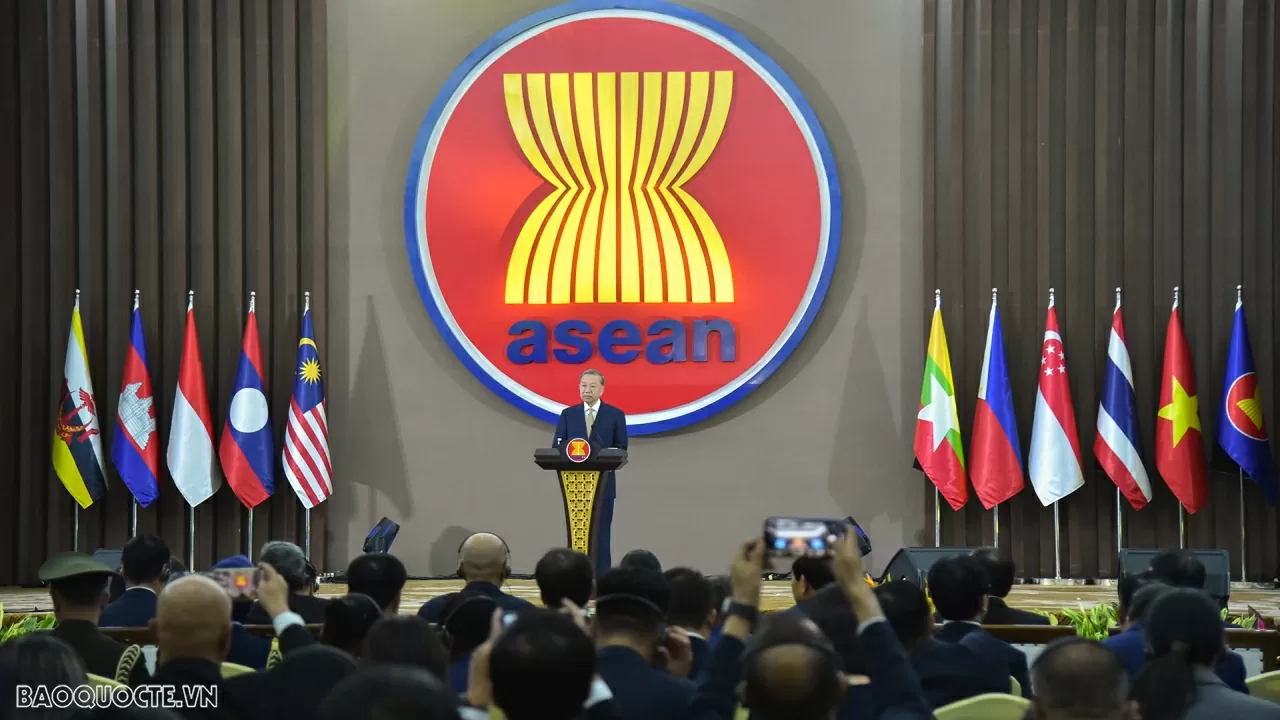
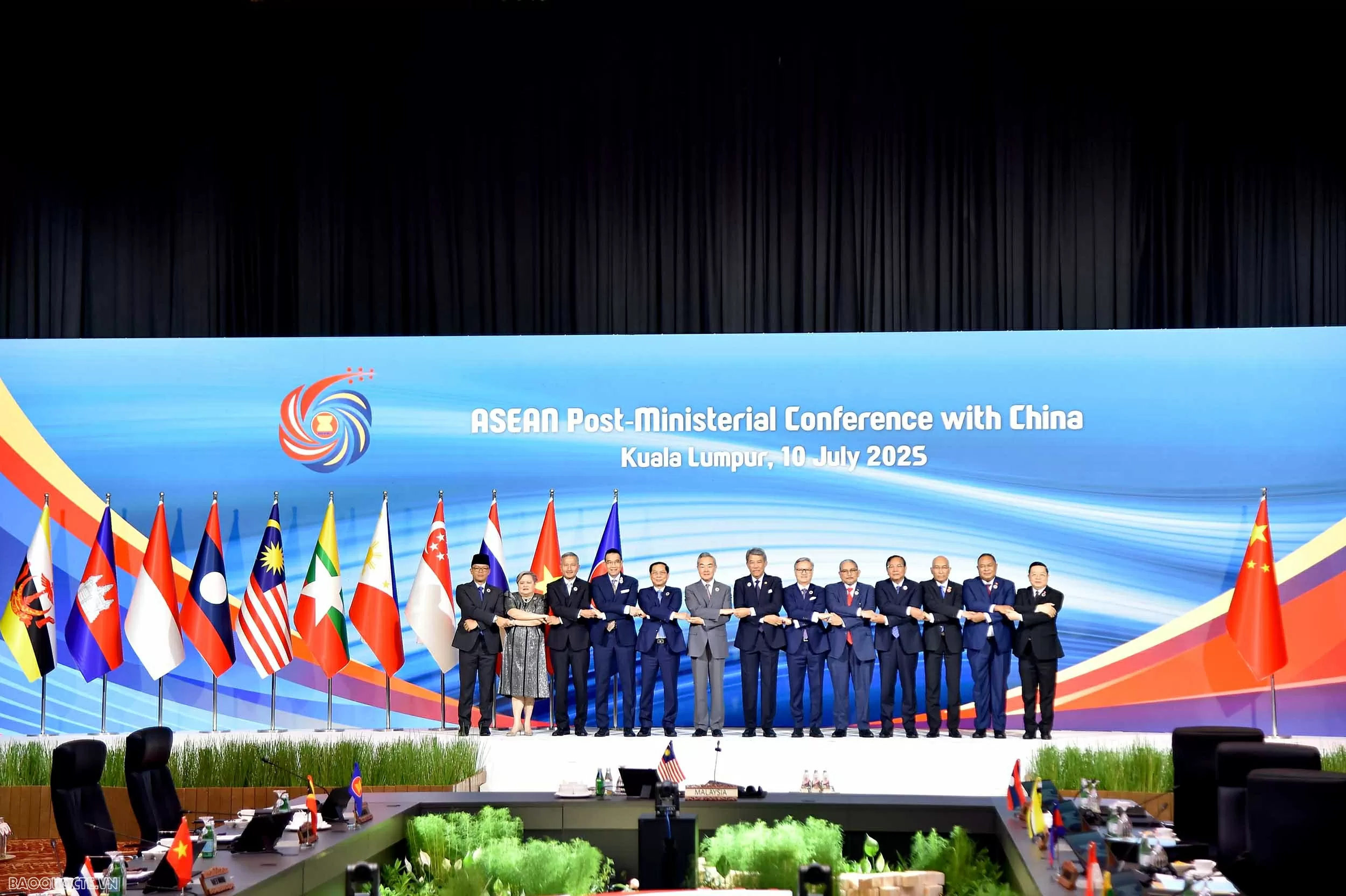

![[Photo] Heavy damage after storm No. 13 in Song Cau ward, Dak Lak province](https://vphoto.vietnam.vn/thumb/1200x675/vietnam/resource/IMAGE/2025/11/08/1762574759594_img-0541-7441-jpg.webp)





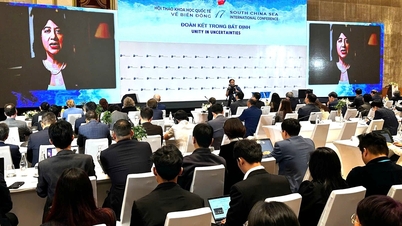






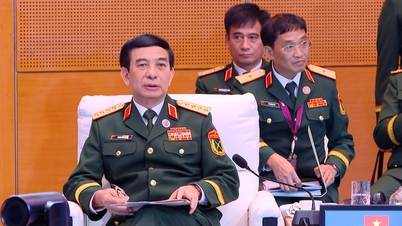




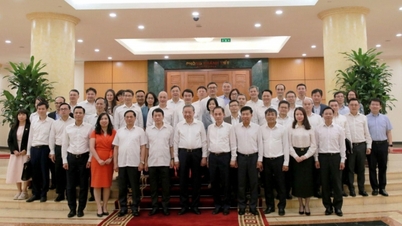
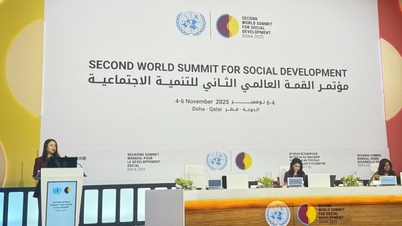
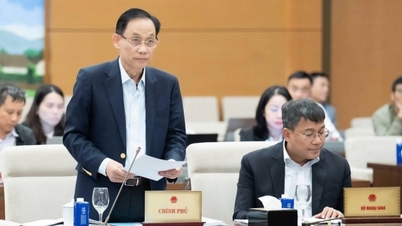
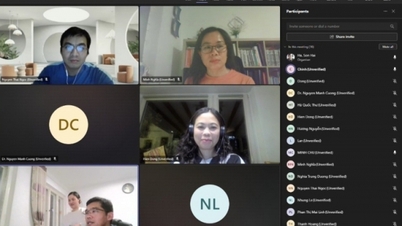





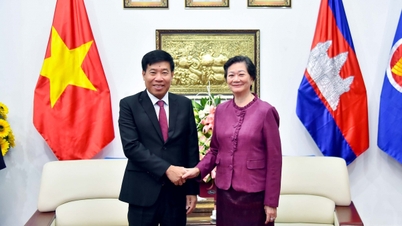


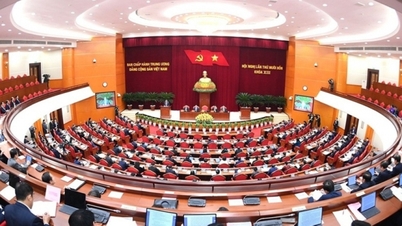
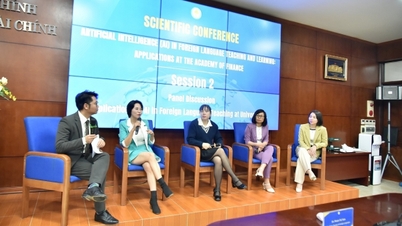


![[Video] Hue Monuments reopen to welcome visitors](https://vphoto.vietnam.vn/thumb/402x226/vietnam/resource/IMAGE/2025/11/05/1762301089171_dung01-05-43-09still013-jpg.webp)


































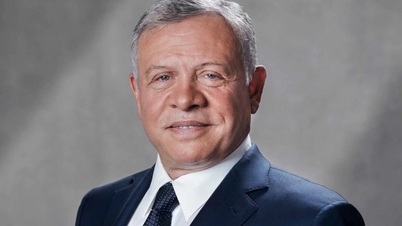

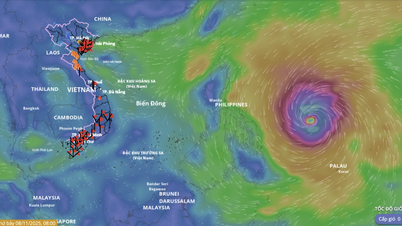











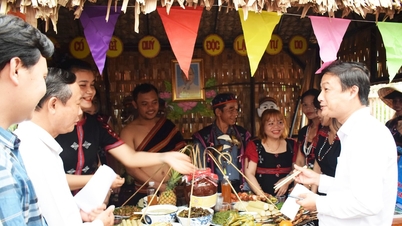

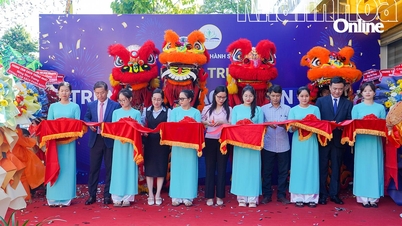


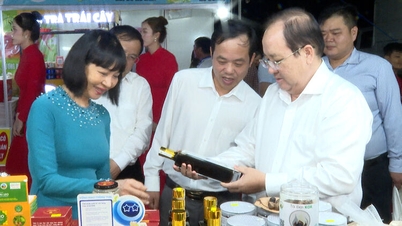

















Comment (0)